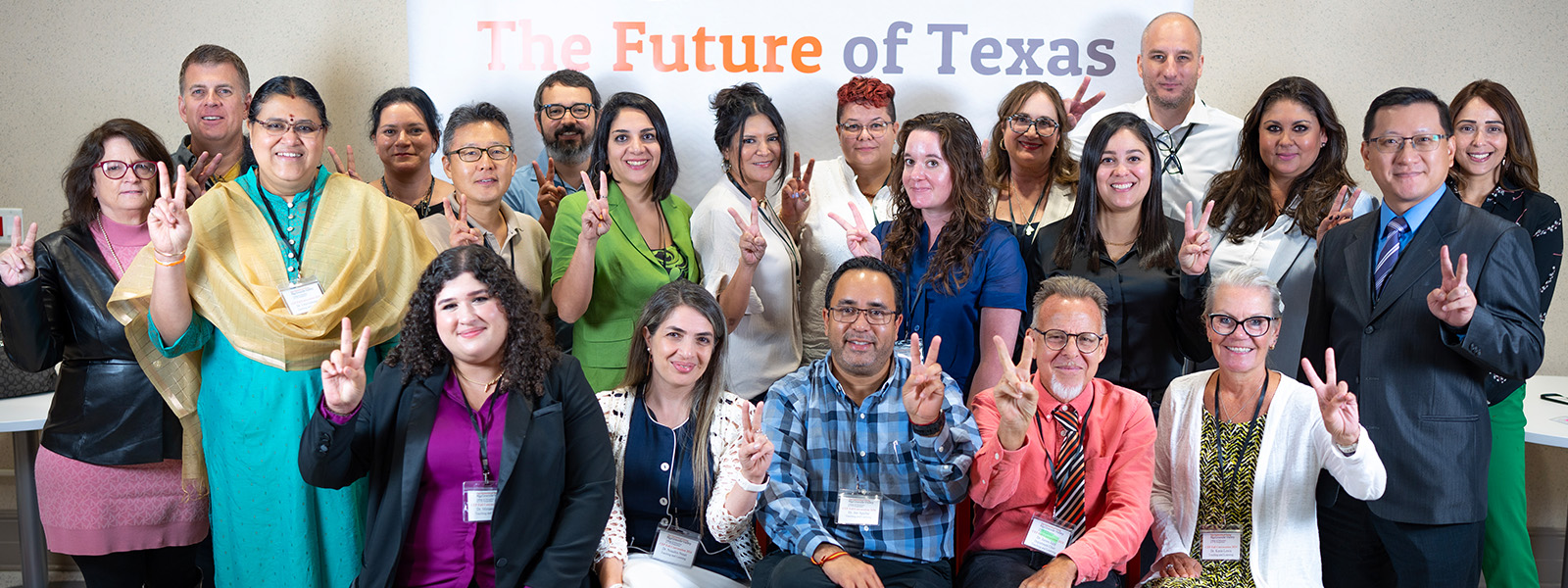
Teaching and Learning Faculty Publications
Reconceptualization of borderlands, borders, and spaces within a multi-theoretical perspective
Document Type
Article
Publication Date
6-2023
Abstract
Too often, we associate the idea of borderlands as geographical areas that divide one state or country from another. Such a narrow view of borderlands is perhaps fostered by media that minimizes this concept to border crossings of illegal immigrants. We define borderlands as complex sociocultural sites in which cultures are enacted and contested and filled with multiple cultural paths that determine numerous ways of being. The stories unfolded in this special issue underscore the intent of the following pages to broaden one’s perspectives about borderlands. The authors of this issue contextualize their stories through multiple theoretical frameworks and perspectives around several topics. First, borderlands are seen as complex cultural and geographical spaces where the vestiges of White colonialism can define Otherness. Second, these places contain spaces of competing axiologies, epistemologies and ontologies that are fluid and contextualized through positional tensions between complementary or competing cultures. Third, macrogenic properties found in borderlands can mitigate a science teacher’s identity and become sites contested through Conocimiento as defined by those inhabitants who are considered others.
Recommended Citation
Gallard Martínez, A.J., Chapman, A. Reconceptualization of borderlands, borders, and spaces within a multi-theoretical perspective. Cult Stud of Sci Educ 18, 299–308 (2023). https://doi.org/10.1007/s11422-023-10174-3
Publication Title
Cult Stud of Sci Educ
DOI
https://doi.org/10.1007/s11422-023-10174-3


Comments
Reprints and Permissions
https://rdcu.be/dhDqE